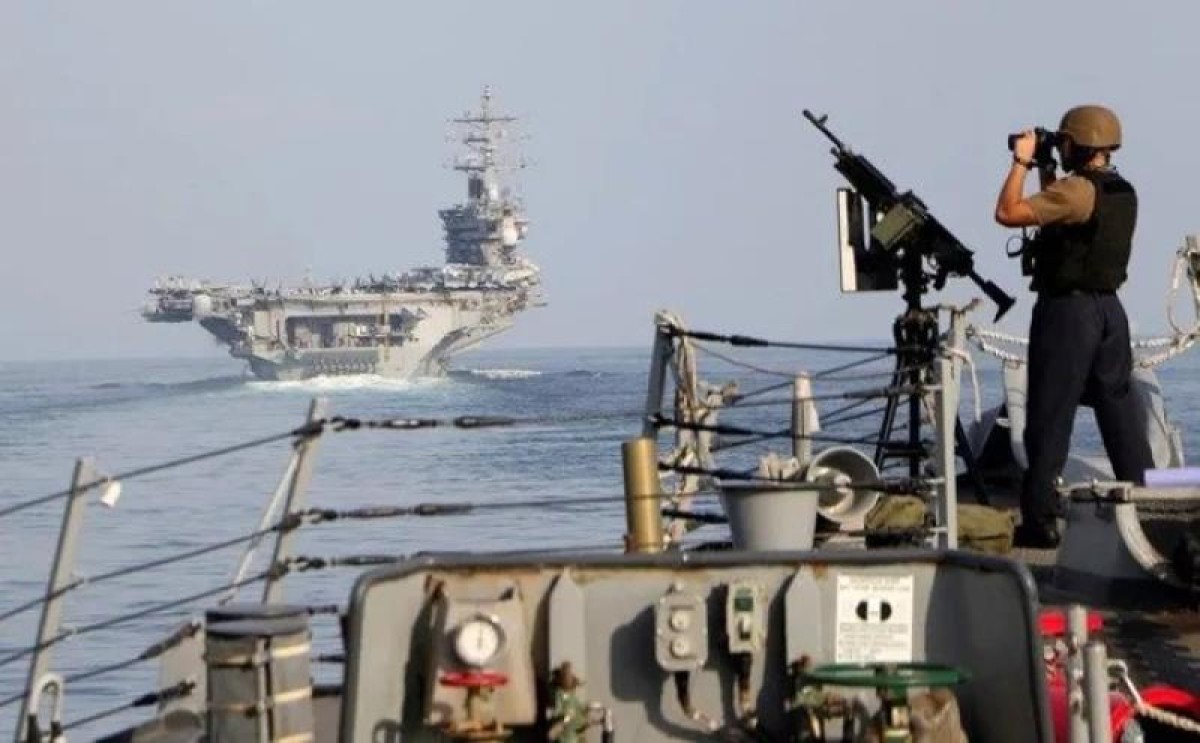An American threat of a “harsh response” is behind the decline in Houthi operations in the Red Sea


Over the past few days, the Houthi group has suddenly toned down its rhetoric related to what it called “support fronts,” and returned to raising local issues.
The Houthi group had pledged to increase the pace of operations, following the killing of Hassan Nasrallah late last September.
The Houthis have not carried out any military operation since October 10, while activists circulated a photo - whose recentness could not be verified - in which the Houthis' military spokesman, Yahya Saree, appears in Omani uniform, indicating his presence outside the country.
"An unprecedented response"
The Yemeni "Al-Masdar Online" news website quoted a source familiar with the indirect discussions regarding the Houthi attacks, saying that the United States, a few days ago, through a regional mediator, conveyed a strongly worded message to the Houthis, stating that any new attack against navigation in the Red Sea He may be “faced with a harsh and unprecedented response.”
The source added that the Houthis' calm during this week indicates that the group is taking the American threat seriously and is thinking about the consequences, and carefully studying its next steps.
The Houthis' calm was increased by Hezbollah's relative cohesion in confronting the Israeli ground operation and its ability to continue firing missiles, in parallel with Iran's focus on very active diplomacy to delay and limit the expected Israeli response, and to make a concession in advance that suggests the possibility of "freezing the most distant arenas" (Iraq and Yemen) with the aim of mobilizing international pressure on Israel and curbing its ambitions.
Abdul-Malik al-Houthi has not appeared for ten days, while he is expected to appear tomorrow, Thursday, in the weekly mobilization speech, but his tone in his recent speeches was noticeably calmer, unlike his older speeches, which were full of threats.